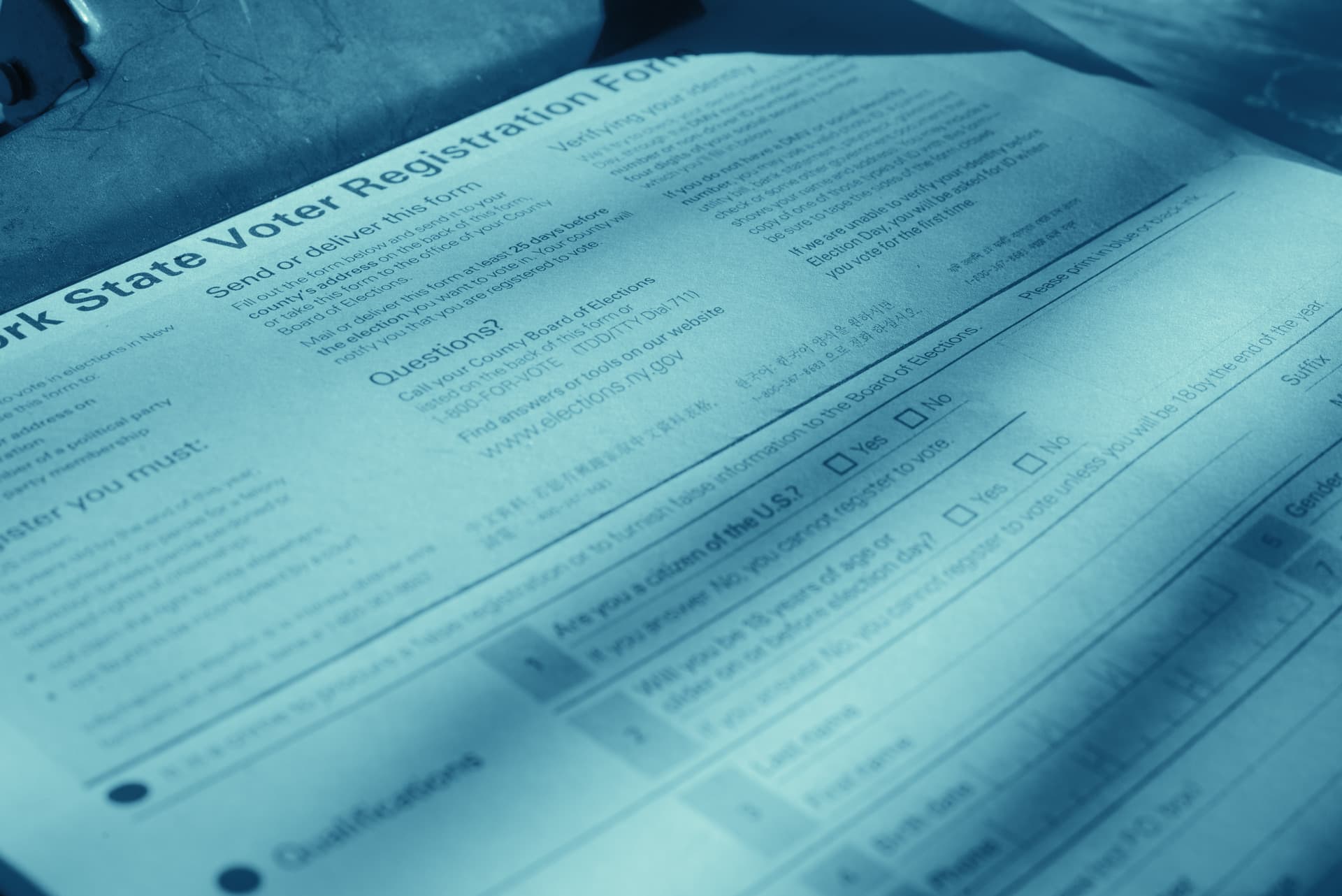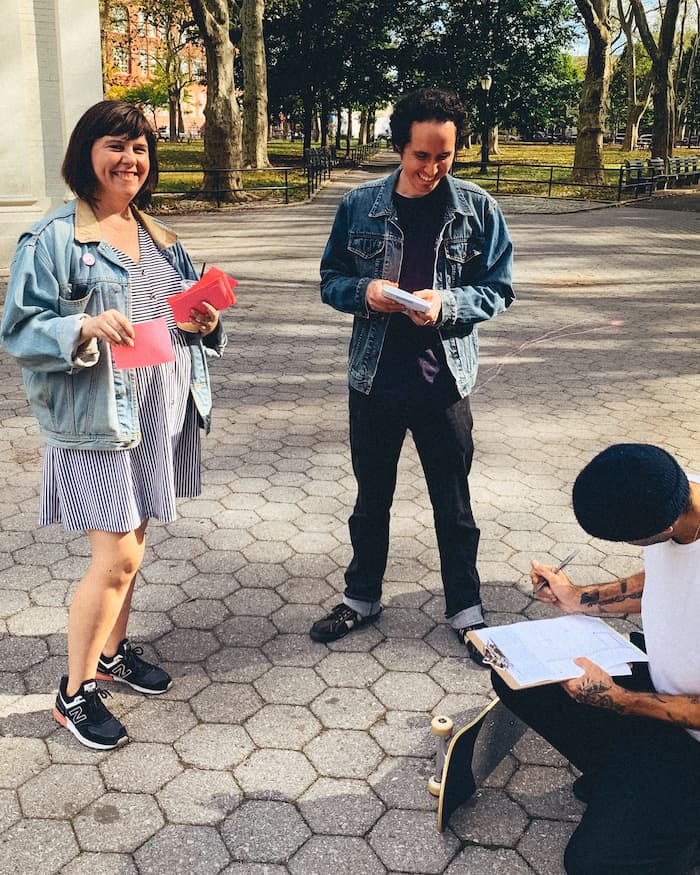Term limits.
- Assemblyman Joe Lentol has held the same seat since 1973, longer than the majority of our district’s residents have been alive.
- Incumbents who hold seats for decades discourage young people from getting involved in politics and increase the likelihood of corruption and back-room deal making.
- We support instituting a cap of three, four-year terms (12 years total) for all members of the Assembly and State Senate.
- Two terms of four years each (8 years total) should also be the limit for New York State Governor.
Voting reform.
- Automatic Voter Registration will simplify how New Yorkers register to vote. It nearly passed in the last session. It needs to be a top priority in 2020.
- AVR means that eligible voters are registered to vote by default when they interact with any government agency, unless they opt-out.
- We also need to codify voting rights to all New Yorkers with past convictions.
Real campaign finance reform.
- The recommendations recently adopted by the Public Campaign Financing Commission are a sham. They do next to nothing to reign in big money influence or make it easier for working class candidates to run for office.
- We need to increase the power of small donors by matching every $1 raised with $8 in public funding for state races. This will limit the power of wealthy donors and amplify the voices of working New Yorkers.
- New York’s donation limits are among the highest in the country. They should be capped at $2,500 per election cycle.
Budget reform.
- The budget is the most important policy document produced each year. It is a moral blueprint for our state.
- New York’s constitution gives the Governor nearly unilateral powers over this process, effectively cutting out the democratically-elected legislature from amending the budget.
- The legislature must explore constitutional and political remedies to exert greater democratic influence over how the state raises revenue and spends money.
A people’s office.
- I want to make my Assembly office a hub for local organizing and civic participation.
- We’ll plan frequent, dynamic and relevant public town halls on key issues facing our community.
- Create a rotating youth advisory council of high school and college-age residents and a community advisory council open to all to discuss, craft and lobby for important legislation.

